| DAY 1 – TUESDAY | JUNE 21, 2022 – 8:30 AM–4:00 PM |
| 7:30 – 9:15 AM |
Breakfast
Rock Creek
|
| 8:30 AM |
Opening, Bill Bradley, A4LE Chair
Tenleytown |
| 8:35 AM |
Keynote: Whitney Austin Gray, Ph.D., LEED AP, WELL AP, WELL Faculty, Senior Vice President, International WELL Building Institute
Tenleytown
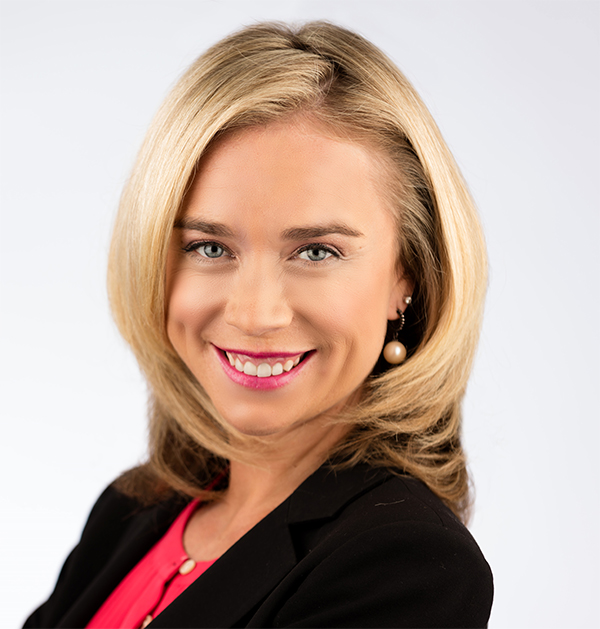 As senior vice president at the International WELL Building Institute (IWBI), Dr. Whitney Austin Gray leads research that supports best practices in building design and operations, community development and organizational policies that can contribute to improved public health for everyone, everywhere. She led the development of the first WELL AP exam, WELL Faculty Program, WELL Case Studies, business case, and the Global Research Agenda, helping to launch WELL globally. Her lectures, webcasts, trainings and published works have touched tens of thousands design and health professionals worldwide, building a strong infrastructure of support for those who work to advance better buildings, vibrant communities and stronger organizations. She holds dual appointments as an adjunct assistant professor at Georgetown. She received her Ph.D. and BA in Public Health from the Johns Hopkins Bloomberg School of Public Health. She was the first public health professional to become a LEED Accredited Professional (LEED AP).
As senior vice president at the International WELL Building Institute (IWBI), Dr. Whitney Austin Gray leads research that supports best practices in building design and operations, community development and organizational policies that can contribute to improved public health for everyone, everywhere. She led the development of the first WELL AP exam, WELL Faculty Program, WELL Case Studies, business case, and the Global Research Agenda, helping to launch WELL globally. Her lectures, webcasts, trainings and published works have touched tens of thousands design and health professionals worldwide, building a strong infrastructure of support for those who work to advance better buildings, vibrant communities and stronger organizations. She holds dual appointments as an adjunct assistant professor at Georgetown. She received her Ph.D. and BA in Public Health from the Johns Hopkins Bloomberg School of Public Health. She was the first public health professional to become a LEED Accredited Professional (LEED AP).
|
|
| 9:00 AM |
Infrastructure, Advocacy & Policy
Current State of Our Schools Report
Tenleytown
Mary Filardo, Executive Director, 21st Century School Fund
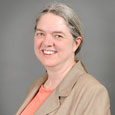 Mary founded 21CSF in 1994 to provide the District of Columbia and other urban communities with leadership, innovative financing solutions, research, and public policy analysis of school facility issues. She is a leading national authority on school facility planning, management and public private development. She has helped plan innovative projects in Washington, DC — J.F. Oyster Elementary School public private partnership (2001), Thurgood Marshall Academy Public Charter School campus development (2005), School Without Walls high school university and public partnership (2008), and Savoy Elementary School (2008) and Savoy and Thurgood Marshall Academy Sports and Learning Center (2009).
Mary founded 21CSF in 1994 to provide the District of Columbia and other urban communities with leadership, innovative financing solutions, research, and public policy analysis of school facility issues. She is a leading national authority on school facility planning, management and public private development. She has helped plan innovative projects in Washington, DC — J.F. Oyster Elementary School public private partnership (2001), Thurgood Marshall Academy Public Charter School campus development (2005), School Without Walls high school university and public partnership (2008), and Savoy Elementary School (2008) and Savoy and Thurgood Marshall Academy Sports and Learning Center (2009).
She has written extensively on public school facility issues and developed software to support long-range facilities master planning. In 1994 she advocated for and then led the first city-wide educational facilities planning process in Washington, DC in nearly 30 years, leading to the Preliminary Educational Facilities Plan in 1995, which laid the foundation for regular educational facility master planning in the District of Columbia and more than $2 billion spent to improve and build DCPS and public charter school facilities.
In 2001, Mary founded the Building Educational Success Together (BEST) collaborative—a learning community of urban education reform organizations dedicated to building the public will and capacity to improve urban school facilities so they support high quality education and community health. She received a BA in philosophy and mathematics from St. John's College, and a MA in Public Policy and Finance at the University of Maryland, she is a 1979 Truman Scholar from the District of Columbia.
|
|
| 9:45 AM |
Whole Child Learning Framework (Virtual)
Tenleytown
Dr. Devin Vodicka
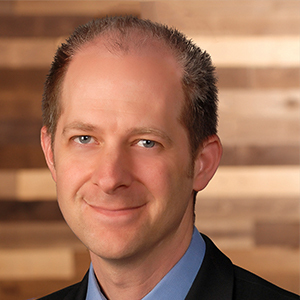 Dr. Vodicka is the CEO of Learner-Centered Collaborative and the author of Learner-Centered Leadership. Over the past 20 years, Devin’s vision for how to drive high-quality student outcomes enabled him to quickly ascend to the roles of educator, school principal, district administrator, and superintendent. During his tenure as Superintendent of Vista Unified School District he was recognized three times as California Superintendent of the Year—in 2016 by AASA and in 2015 by ACSA and Pepperdine. He was named Innovative Superintendent of the Year in 2014 by the Classroom of the Future Foundation. And he was a nine-time White House invitee, both in recognition for district-wide achievement, and to advise and partner with the U.S. Department of Education’s office of Educational Technology and Digital Promise League of Innovative Schools. Devin earned a Master of Science in Educational Leadership and an Ed.D. in Organizational Leadership. A longtime advocate for a more learner-centered model of education, Devin leads Learner-Centered Collaborative in pursuit of its vision for education ecosystems that empower all learners to know who they are, thrive in community, and actively engage in the world as their best selves.
Dr. Vodicka is the CEO of Learner-Centered Collaborative and the author of Learner-Centered Leadership. Over the past 20 years, Devin’s vision for how to drive high-quality student outcomes enabled him to quickly ascend to the roles of educator, school principal, district administrator, and superintendent. During his tenure as Superintendent of Vista Unified School District he was recognized three times as California Superintendent of the Year—in 2016 by AASA and in 2015 by ACSA and Pepperdine. He was named Innovative Superintendent of the Year in 2014 by the Classroom of the Future Foundation. And he was a nine-time White House invitee, both in recognition for district-wide achievement, and to advise and partner with the U.S. Department of Education’s office of Educational Technology and Digital Promise League of Innovative Schools. Devin earned a Master of Science in Educational Leadership and an Ed.D. in Organizational Leadership. A longtime advocate for a more learner-centered model of education, Devin leads Learner-Centered Collaborative in pursuit of its vision for education ecosystems that empower all learners to know who they are, thrive in community, and actively engage in the world as their best selves.
|
|
| 10:15 AM |
Pathways to Successful Learning
Tenleytown
Dr. Page Determan, ALEP, Chief Education Evangelist, MeTEOR Education
 Dr. Dettmann is a leading voice in educational research and best practice conversations around the intersection of pedagogy and space to accelerate learner engagement. Page collaborates with district leaders and architects on learning and space transformation to prepare college, career and life ready students. She speaks nationally on leading cultural change, the application of neuroscience to learning and space design, and the impact of learning spaces on learning experiences.
Dr. Dettmann is a leading voice in educational research and best practice conversations around the intersection of pedagogy and space to accelerate learner engagement. Page collaborates with district leaders and architects on learning and space transformation to prepare college, career and life ready students. She speaks nationally on leading cultural change, the application of neuroscience to learning and space design, and the impact of learning spaces on learning experiences.
A former district executive, building administrator, and teacher at various levels for 30 years, Page always prioritized supporting teachers to inspire students through collaborative inquiry learning experiences that foster deep learning and curious, inquiring students. Page has been recognized by Microsoft and Texas Instruments and contributes as faculty at the Global Center for College & Career Readiness. She is among the pioneers using real-time neuro-biological signal to measure student engagement in the classroom.
Boris Srdar, FAIA, NAC Architecture
 As a design principal at NAC Architecture for the past two decades, Boris has led the design of a wide range of projects across the United States and China. With a passion for architecture that inspires, he has focused on understanding and pursuing highly impactful users’ experiences. Through his dual architectural backgrounds combined with worldwide travel, Boris has developed a strong sensitivity to specificity of place. His approach is founded on establishing a more dynamic dialogue between the project and its context, urban or natural. His work demonstrates that engaging the built environment and landscape together is of the utmost importance to the experiential quality of architecture, incorporating many biophilic principles to form connections with nature.
As a design principal at NAC Architecture for the past two decades, Boris has led the design of a wide range of projects across the United States and China. With a passion for architecture that inspires, he has focused on understanding and pursuing highly impactful users’ experiences. Through his dual architectural backgrounds combined with worldwide travel, Boris has developed a strong sensitivity to specificity of place. His approach is founded on establishing a more dynamic dialogue between the project and its context, urban or natural. His work demonstrates that engaging the built environment and landscape together is of the utmost importance to the experiential quality of architecture, incorporating many biophilic principles to form connections with nature.
His projects have been recognized for design excellence on national and international levels, and led to his inclusion as a Fellow of the American Institute of Architects. He continues to share his design expertise through conference presentations across the United States, garnering invitations to speak abroad, and teaching studios at the University of Washington for several years. Originally from Croatia, Boris graduated from the University of Zagreb’s School of Architecture. After working in Zagreb for three years, he moved to the United States where he received his Master in Design Studies from Harvard University.
|
|
| 11:00 AM |
Biophilic Design
Tenleytown
Jim Determan, FAIA, Craig Gaulden Davis
 Jim is an accomplished architect and prolific researcher whose thirty-year career is marked by his fruitful efforts to advance the design of learning spaces by way of leading a multi-disciplinary team of architects, educators, and scientists through several AIA funded research studies, illustrating the power of design to make a positive impact in the lives of students. His research on Learning Space Design for the Ethnically Diverse American Classroom was published in 2015 by AIA and SCUP (Society for College & University Planning) then presented to universities and at conferences across the country. With CGD’s foundation in Learning Space Design, the integration of this research is an extraordinary development for end-users of educational spaces.
Jim is an accomplished architect and prolific researcher whose thirty-year career is marked by his fruitful efforts to advance the design of learning spaces by way of leading a multi-disciplinary team of architects, educators, and scientists through several AIA funded research studies, illustrating the power of design to make a positive impact in the lives of students. His research on Learning Space Design for the Ethnically Diverse American Classroom was published in 2015 by AIA and SCUP (Society for College & University Planning) then presented to universities and at conferences across the country. With CGD’s foundation in Learning Space Design, the integration of this research is an extraordinary development for end-users of educational spaces.
Jim’s work at Green Street Academy received AIA Maryland’s 2016 Public Building of the Year Award and earned LEED Platinum from USGBC Maryland. For twenty years, he taught and mentored at Morgan State University, encouraging minority students to pursue architecture and assisted emerging professionals as they transitioned into practice. His advocacy efforts include promoting sustainability requirements in Maryland, innovation in school design, and, during the economic downturn, testifying to the U.S. House of Representatives on behalf of small businesses. Jim was the 2004 Director of the Board for AIA Maryland, the 2005 President of AIA Baltimore, 2009 Upjohn Fellow for service on the AIA National Board of Directors, and was elected to the AIA College of Fellows in 2012, the highest honor within the profession.
Bill Browning, Hon. AIA, Founding Partner, Terrapin Bright Green
 Bill is one of the green building and real estate industry’s foremost thinkers and strategists, and an advocate for sustainable design solutions at all levels of business, government, and civil society. His expertise has been sought out by organizations as diverse as Fortune 500 companies, leading universities, non-profit organizations, the U.S. military, and foreign governments.
Bill is one of the green building and real estate industry’s foremost thinkers and strategists, and an advocate for sustainable design solutions at all levels of business, government, and civil society. His expertise has been sought out by organizations as diverse as Fortune 500 companies, leading universities, non-profit organizations, the U.S. military, and foreign governments.
Bill was a founding member of the U.S. Green Building Council’s Board of Directors, and served as Chair of USGBC’s Governance Committee. Over the years Bill has served on the Boards of Greening America, the Colorado Alliance for Environmental Education, RealEnergy, the Roaring Fork Conservancy, and ioby. He has also served on The Nature Conservancy Real Estate Advisory Council, ASTM Green Building Rating Committee, and the Department of Defense’s Science Board Energy Task Force, the AIA National Committee on the Environment, the Department of State’s Overseas Building Office Advisory Council, the Real Estate Advisory Council for the Trust for Public Land, the Interface “Green Dream Team.” He is a GSA national peer, and editorial advisor for Environmental Building News, Environmental Design & Construction Magazine, and Green @ Work. In 2006, Bill founded Terrapin with longtime partners Bob Fox, Rick Cook and Chris Garvin to craft high-performance environmental strategies for corporations, governments, and large-scale real estate developments.
Dr. Mary Anne Akers, Dean and Professor, School of Architecture and Planning, Morgan State University
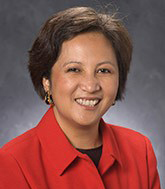 Dr. Akers is Morgan’s inaugural dean of the School of Architecture and Planning having led the school since its inception in 2008. Her expertise is rooted in improving urban communities through design and economic development. Dr. Akers’ vision has helped students excel by advancing new and unique academic programs and shedding light on design practicum disparities at HBCUs. Under her leadership, Morgan’s SA+P is ranked among the top architecture schools in MD.
Dr. Akers is Morgan’s inaugural dean of the School of Architecture and Planning having led the school since its inception in 2008. Her expertise is rooted in improving urban communities through design and economic development. Dr. Akers’ vision has helped students excel by advancing new and unique academic programs and shedding light on design practicum disparities at HBCUs. Under her leadership, Morgan’s SA+P is ranked among the top architecture schools in MD.
She has over 50 publications including peer-reviewed papers, book chapters, and research/professional reports. She served on the board for the Environmental Design Research Association from 2005 to 2008 and is a reviewer for The Landscape Journal, Environment and Behavior Journal, and Cities Journal. In the past three years, Dr. Akers has managed over $1 million of grant funding for research and curricular activities. She was the co-Principal Investigator on the learning space study. She also led in conducting the statistical analysis, developing the outcome measures for the project and supervising student assistants.
|
|
| 11:45 AM |
Safety and Security for the Whole Child
Tenleytown
Philip Riedel, AIA, ALEP, NAC Architecture
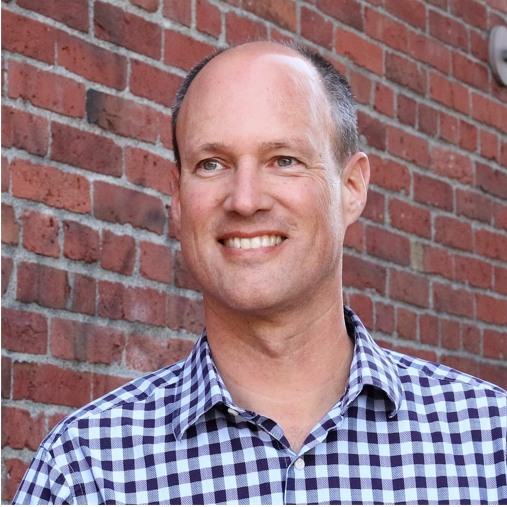 Philip is the PK-12 Practice Leader for NAC Architecture and the Pacific Northwest Director on the International Board of the Association for Learning Environments (A4LE). The knowledge gained from his involvement helps him interact with educators and speak their language, resulting in facilities that best support their mission. Throughout his 25-year career in designing educational facilities, Philip has focused on aligning developments in education with facility design. He is passionate about developing places of learning to accommodate the entire range of students’ needs.
Philip is the PK-12 Practice Leader for NAC Architecture and the Pacific Northwest Director on the International Board of the Association for Learning Environments (A4LE). The knowledge gained from his involvement helps him interact with educators and speak their language, resulting in facilities that best support their mission. Throughout his 25-year career in designing educational facilities, Philip has focused on aligning developments in education with facility design. He is passionate about developing places of learning to accommodate the entire range of students’ needs.
Philip’s particular interests include evidence-based design, designing for unique populations and creating teachable sustainable environments. He is the co-author of Designing for Special Education: Best Practices for Special Needs Learning Facilities and has presented nationally on using research to support student-centered design of learning environments. He uses education research, classroom observation, faculty discussions, and building science to develop environments that promote active learning and meet the needs of the whole child.
|
|
| 12:30 – 1:30 PM |
Lunch
Rock Creek |
| 1:30 PM |
Enhancing Student Success Through Integrated Student Support
Tenleytown
|
The concept of success of the “whole child” has gained momentum and support from educators, neuroscientists, learning scientists, and health professionals over the last decade. The research based “whole child” approach focuses on how a student grows physically, psychologically, cognitively, socially, and emotionally within learning environments. Schools can focus on the “whole child” through a variety of approaches, including integrated support services and expanded learning opportunities. By approaching education through this broader lens, students are able to maximize their potential, have access to resources to navigate barriers, and are set up for life-long success. Within a community context, these strategies can foster community resiliency as both students and their families have their diverse needs met.
According to the Learning Policy Institute (2017), there are four key pillars of such a strategy:
- Integrated student supports – including mental and physical healthcare, nutrition support, and housing assistance, among other wraparound services – address out-of-school barriers to learning. Through partnerships with social and health service agencies and providers, this system of support addresses the physical and emotional needs of students and families.
- Expanded and enriched learning time and opportunities, including after-school, weekend, and summer programs with community partners, provide additional academic instruction, individualized academic support, enrichment activities, and learning opportunities. Students have access to learning that expands on and enriches the curriculum, and is often tied to the real world.
- Active family and community engagement brings members of the school community, including families, into the school as partners with shared decision-making power in their student’s education. Families and community members take part in school life, from volunteering to learning to sharing their expertise and participating in educational opportunities, such as ESL classes, green card or citizenship preparation, computer skills, art, STEM, etc.
- Collaborative leadership and practices build a culture of professional learning, collective trust, and shared responsibility. School leaders encourage distributed leadership, through which they empower partners, teachers, families, students, and community members to engage with leadership opportunities and exercise power.
The four pillars described above may be adopted in various ways, with priority, focus, and extent determined by a given school or district. Our panel of experts will explore these and other means of creating great schools that help prepare students to learn and thrive.
Learning Objectives:
- Understand why integrated student supports are critical to ensure that all children are prepared and ready to learn
- Learn how schools are creating innovative partnerships, programs and environments that that help “grow the whole child”
- Learn how schools are creating programs and environments to engage and affirm historically marginalized students
- Understand innovative strategies to create schools that are more welcoming, reduce stress and address student trauma
CJ Huff, PhD, Retired Superintendent, Joplin Missouri Public Schools & Consultant, Bright Futures USA
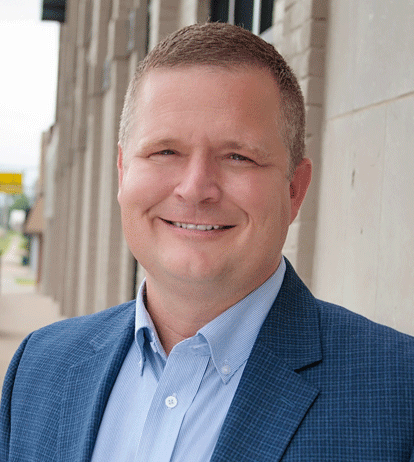 Dr. C.J. Huff is the retired superintendent of Joplin Schools. His wide range of experiences as a classroom teacher, building principal, superintendent and a family farmer prepared him to lead his district of 1,100 employees and 7,700 students through the recovery effort that has followed the devastating Sunday, May 22, 2011 tornado that ripped through the heart of Joplin. Graduation ceremonies for Joplin’s Class of 2011 had just concluded at Missouri Southern State University when the tornado struck around 5:41 p.m. destroying or damaging 10 of the 19 buildings in Huff’s district including the high school and leaving over half of his students without a school to return to on Monday, May 23. The Joplin Schools family suffered loss more precious than the buildings though as they lost a staff member and seven students to the storm.
Dr. C.J. Huff is the retired superintendent of Joplin Schools. His wide range of experiences as a classroom teacher, building principal, superintendent and a family farmer prepared him to lead his district of 1,100 employees and 7,700 students through the recovery effort that has followed the devastating Sunday, May 22, 2011 tornado that ripped through the heart of Joplin. Graduation ceremonies for Joplin’s Class of 2011 had just concluded at Missouri Southern State University when the tornado struck around 5:41 p.m. destroying or damaging 10 of the 19 buildings in Huff’s district including the high school and leaving over half of his students without a school to return to on Monday, May 23. The Joplin Schools family suffered loss more precious than the buildings though as they lost a staff member and seven students to the storm.
Huff’s declaration that “We will start school on time” is credited with being a key factor that drew the community of Joplin together just days after the tornado and provided a positive light for the country to rally around in the midst of such tragedy and destruction. To find and create learning space for 4,200 kids—54 percent of the district—in 12 weeks was a daunting task. However, on August 17, 2011 what many determined was an “impossible goal” became known as the “promise kept” when Joplin’s 7,700 students started the new school year on time. On May 21, 2012—just one day shy of the one year anniversary of the devastating tornado—President Barack Obama delivered the high school graduation commencement address.
Three years later, Joplin Schools continued to take the lead in the community's recovery effort. Huff and his team encountered and overcame many challenges since that fateful day in May. Undaunted, his focus remained unchanged as he and his team continued to take care of what he refers to as his "Joplin Schools' family" and crossing the recovery finish line strong. In August 2014, the last of the buildings destroyed by the storm was rebuilt. Fulfilling yet another promise to build Joplin back bigger AND better, his students and staff came home to the new Joplin High School after three long years. A 21st Century high school with a forward-looking and rigorous program of study to prepare students for a highly competitive workforce and global economy that has the potential to change public education as we know it. Of particular note, in the fall of 2015, Joplin Schools was named one of nine “Future Ready” school districts in the nation by the United States Department of Education.
C.J. has been recognized by People’s Magazine as a “Hero Among Us” and was named the Missouri Superintendent of the year in 2012 and one of four finalists for the National Superintendent of the Year in 2013. C.J. currently serves as a Subject Matter Expert for the U.S. Department of Education and as a consultant for the not-for-profit organization Bright Futures USA. His passion for kids and community engagement remains steadfast through his on-going work with both of these organizations.
Brenda (Bren) Elliott, Chief of School Improvement and Supports, District of Columbia Public Schools
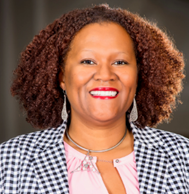 (Bren) Elliott has spent the last eight years working as an educator in North Carolina. Since 2014, she has served as Assistant Superintendent for Student Support Services for Wake County Public School System (WCPSS). Prior to coming to North Carolina, Brenda spent 15 years working as an educator in Nashville, Tennessee. Her assignments in Nashville included area director, high school principal, middle school principal, and high school teacher.
(Bren) Elliott has spent the last eight years working as an educator in North Carolina. Since 2014, she has served as Assistant Superintendent for Student Support Services for Wake County Public School System (WCPSS). Prior to coming to North Carolina, Brenda spent 15 years working as an educator in Nashville, Tennessee. Her assignments in Nashville included area director, high school principal, middle school principal, and high school teacher.
Bren has vast experience building and leading equity and social emotional learning initiatives. In WCPSS, she led the implementation of a Comprehensive Plan for Equity Discipline Practices to address racial disparities in discipline outcomes and the implementation of a district-wide multi-tiered system of support for academics and behavior. While serving as the Executive Director for Student Support Services in Guilford County Schools (GCS), she led a district-wide character development initiative focused on building students prosocial skills and attributes. As part of this initiative, a High School Service-Learning Diploma program was created and by 2014, GCS seniors had documented more than 650,000 hours of service to their schools and community, equating to an economic impact of more than $14 million. She also has helped to implement restorative practices, trauma-informed practices, and programs to increase access to college and career readiness resources and to address food security. She has collaborated with law enforcement and the community to create diversion programs and to address disproportionate law enforcement contact. And she has worked with school-based staff to eliminate the predictability of student outcomes by race, ability and socio-economics.
Bren is a systems-thinker and an innovator. She has more than 23 years of experience as a public educator. She cites as the major contributors to her success, a strong belief that students can and want to succeed and strategically working to build a team of educators, students, parents and community members who believe the same.
Eve Colavito, Co-Chief Executive Officer, The DREAM Academy Public Charter School
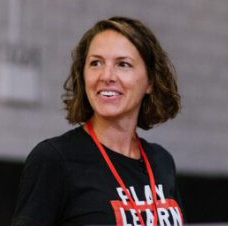 Eve leads all school and out-of-school time programs at DREAM, with robust summer and afterschool programs; community summer programs across East Harlem and the South Bronx; and programming to support youth to and through college. Eve started her teaching career in Mmabatho, South Africa, before returning home to New York City to teach third and fourth grade in East Harlem. Eve went on to become a founding teacher and director at Bronx Charter School for the Arts and eventually served as Co-Executive Director alongside the school’s founder. Eve has been a member of the DREAM team since 2009, first as Director of Instruction, then as Head of School, where she led dramatic achievement gains and oversaw DREAM’s expansion to Pre-K and high school. In previous current role as Chief Education Officer, she drove the full integration of academic and social-emotional learning, health and wellness, and family supports in order to ensure positive outcomes for young people. She became co-Chief Executive Officer alongside Richard Berlin in 2021. Eve has a Bachelors degree from Brown University and a Masters degree in Elementary and Special Education from Bank Street College of Education, and is a graduate of New Leaders and an Aspen Scholar.
Eve leads all school and out-of-school time programs at DREAM, with robust summer and afterschool programs; community summer programs across East Harlem and the South Bronx; and programming to support youth to and through college. Eve started her teaching career in Mmabatho, South Africa, before returning home to New York City to teach third and fourth grade in East Harlem. Eve went on to become a founding teacher and director at Bronx Charter School for the Arts and eventually served as Co-Executive Director alongside the school’s founder. Eve has been a member of the DREAM team since 2009, first as Director of Instruction, then as Head of School, where she led dramatic achievement gains and oversaw DREAM’s expansion to Pre-K and high school. In previous current role as Chief Education Officer, she drove the full integration of academic and social-emotional learning, health and wellness, and family supports in order to ensure positive outcomes for young people. She became co-Chief Executive Officer alongside Richard Berlin in 2021. Eve has a Bachelors degree from Brown University and a Masters degree in Elementary and Special Education from Bank Street College of Education, and is a graduate of New Leaders and an Aspen Scholar.
|
|
| 3:30 PM |
Healthy Buildings to Facilitate Student Performance
Tenleytown
|
The session will focus on healthy buildings and creating a learning environment that is safe from all pathogens. Along with best practices, strategies, and recommendations for improving indoor health, you will learn how the fifth-largest school district in the country is using hospital-grade UV light technology to create safer spaces that promote attendance and student performance.
Learning Objectives:
You will learn best practices, strategies, and recommendations for improving indoor health, including more details on Clark County's decision to use UV light as part of a plan to create safer spaces that promote attendance and facilitate student performance.
Jeff Wagner, Chief of Facilities, Nevada Clark County School District
Jeff serves as Chief of Facilities for Nevada’s Clark County School District, which serves more than 320,000 K–12 students and is the fifth-largest school district in the nation. Wagner’s career as an architect laid a solid foundation for his current role, where he handles the challenge of COVID with poise and dedication that has elevated the conversation about the design of smart schools. Dedicated to improving the human condition, he finds ways to contribute to the built environment and his community through educational programming, mentorship, and teaching.
|
|
| 5:00 – 6:00 PM |
School Tour: Net-Zero, WELL Certified School
Bus departs from lobby
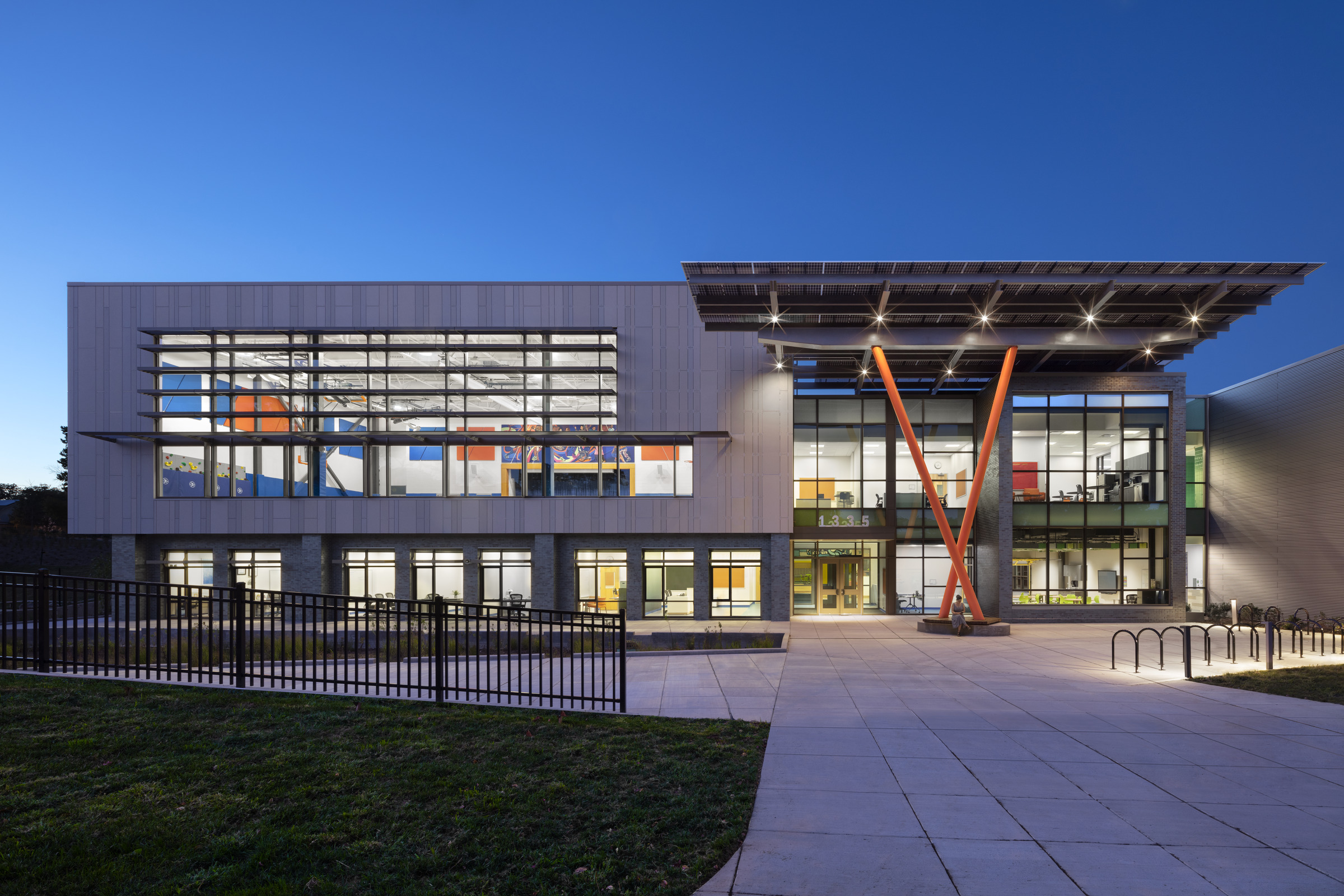
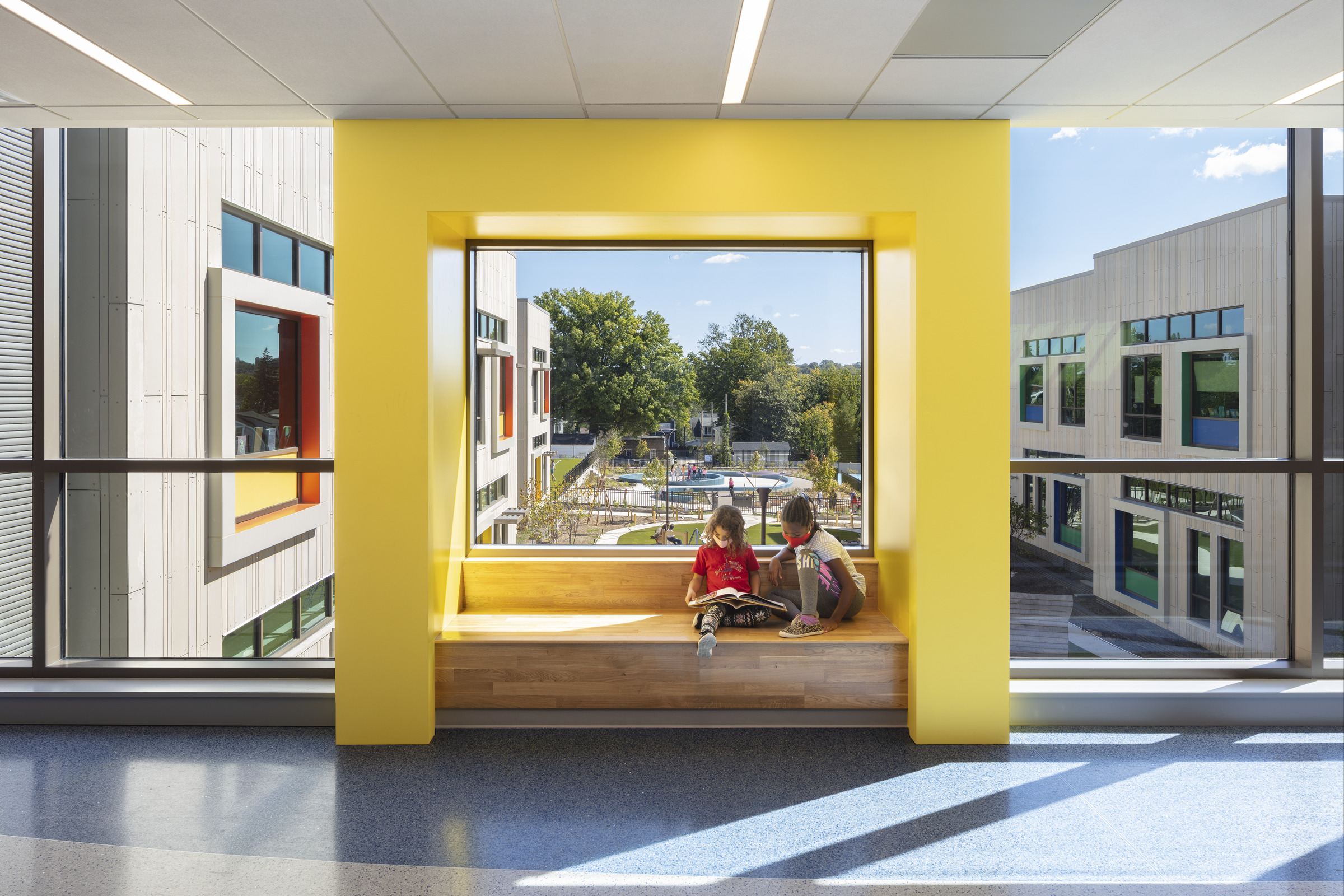
|
John Lewis Elementary School Tour
District of Columbia Public Schools
1338 Farragut Street NW, Washington, DC
Planning & Design Firm: Perkins Eastman DC
John Lewis (formerly West) Elementary School opened in August 2021 as one of the first school designs in the world to target both Net Zero Energy and WELL certification. Working collaboratively with the school, DCPS and the DC Department of General Services, Perkins Eastman DC created a design that enhances health and well being, inspires the students, honors its community, and serves as a model of resilience for the District. To inform the design and set benchmarks for building and user performance, the team performed a pre-occupancy evaluation of the school’s former building. During this tour, the team will share insights into the robust and innovative process that created this exciting new place to learn.
Learning Objectives:
- Learn how pre- and post-occupancy evaluations inspired the creation of a healthy, high-performance place to learn.
- Learn how the NZE and WELL processes created challenges and opportunities for the design.
- Learn how the former open plan building inspired a hybrid building that fosters community, while also providing great Indoor Environmental Quality.
- Learn how this project has set the standard for all subsequent projects across the District.
|
|
| DAY 2 – WEDNESDAY | JUNE 22, 2022 – 8:30 AM–12:30 PM |
| 7:30 – 9:15 AM |
Breakfast
Rock Creek |
| 8:30 AM |
A Multidimensional Conversation to Designing Healthy Schools
Tenleytown
|
Designing learning environments for students to thrive begins with a healthy school. Understand strategies and best practices for developing schools that are net positive in this discussion between designers, sustainability specialists and school district representatives. The panelists will share strategies from case study examples including, Newhall USD New Elementary School & Banneker Academic High School.
- Ozzie Tapia, AIA LEED AP, LPA Design Studios, Educational Design Leader
- Heather Jauregui, LEED AP BD+C, CPHC, Director of Sustainability Perkins Eastman
- Andrea Swiatocha, Deputy Chief of Facilities at DC Public Schools
|
|
| 9:15 AM |
Active Living and Active Learning: Designing Whole School and Whole Community for the Whole Child
Tenleytown
|
Hear from Dr. Zhu on how the spectrum of design around the whole child (the classroom, school building, school campus and the community) can help promote a healthy lifestyle and active living. Her research will demonstrate the role of the built environments and how design can facilitate active learning and childhood development.
- Xuemei Zhu, Ph.D., Professor, Department of Architecture Texas A&M,
Fellow with the Center for Health Systems & Design
|
|
| 9:45 AM |
Break
Rock Creek |
| 10:00 AM |
Schools That Heal: Design with Mental Health in Mind
Tenleytown
|
What would a school look like if it was designed with mental health in mind? Too many public schools look and feel like prisons, but we know that nurturing environments are better for learning. Research consistently shows that access to nature, big classroom windows, and open campuses reduce stress, anxiety, disorderly conduct, and crime, and improve academic performance. But too few school designers and decision-makers apply this research to create healthy schools. In her book, Schools That Heal, Claire details the myriad opportunities—from furniture to classroom improvements to whole campus renovations—to make supportive learning environments for our children and teenagers. Latané will discuss how community-led, nature-based design strategies can support mental health, equity, and climate-resilience.
Claire Latané, MLA ASLA LEED AP SITES AP
Claire is a professor of landscape architecture at California State Polytechnic University, Pomona. She has practiced landscape architecture for 15 years with a focus on ecological design and climate resilience. In 2017, she was selected by the Landscape Architecture Foundation as an inaugural Fellow for Leadership and Innovation to explore school design strategies that support mental health and well-being. She has been testing those strategies ever since. Claire is a founding member of the Los Angeles Living Schoolyard Coalition, a research collaborator with Green Schoolyards America, and was a co-leader of the Outdoor Infrastructure Working Group for the National COVID-19 Outdoor Learning Initiative. As part of that initiative, Claire founded and organized the Emergency Schoolyard Design Volunteers, which matched 100 design volunteers with 125 schools from 38 states around the country to help assess and plan outdoor learning sites. Her book Schools That Heal: Design with Mental Health in Mind, was released by Island Press in June 2021. This year, she is launching the Collaborative for Healthy and Inclusive Learning Environments through Cal Poly Pomona’s Lyle Center for Regenerative Studies to provide design support for schools and college and career pathways for under-represented youth.
|
|
| 10:30 AM |
Using the WELL Health-Safety Rating to Bring Back In Person Learning with Confidence
Tenleytown
- 30 Minute Session with DC Public Schools
- IWBI to interview DC Public Schools on their experience with WELL programs
School leaders are working around the clock to provide healthy, safe learning environments as the world recovers from the devastating impacts of COVID-19. The WELL Health-Safety Rating is helping schools reopen the right way. It is designed to empower school leaders by providing a seamless experience backed by evidence-based solutions as well as third-party verification.
Angela Spangler, Senior Director of Market Development at IWBI, will share emerging innovations and research regarding how we can design and update school buildings specifically to support the health and well-being of students, teachers, staff and visitors. Topics will include an introduction to the WELL Building Standard highlighting key Strategies within WELL to support in the fight against COVID-19, and an introduction to the latest WELL Health-Safety Rating for schools. Jessica Stiklor-Lipson, Specialist, Facilities Evaluation & Systems Improvement at DC Public School District, will discuss the district’s motivations to achieve the WELL Health-Safety Rating.
Join us to learn how this critical, efficient and cost-effective solution for school leaders is providing the tools and resources they need to independently verify their buildings and reopen with confidence.
Learning Objectives:
- Describe the 5 categories that make up the WELL Health-Safety Rating for facilities Operation & Management and explain how to leverage these strategies to instill confidence as people return to in person learning.
- Articulate the importance of safety precautions and emergency preparedness plans in school districts in response to COVID-19 and other natural disasters or civil unrest.
- Analyze the relationship between mental health and the built environment and implement design strategies that put people first.
- Describe how sustainable design can improve learning spaces.
Angela Spangler, Senior Director, Global Market Development Sector Lead, IWBI
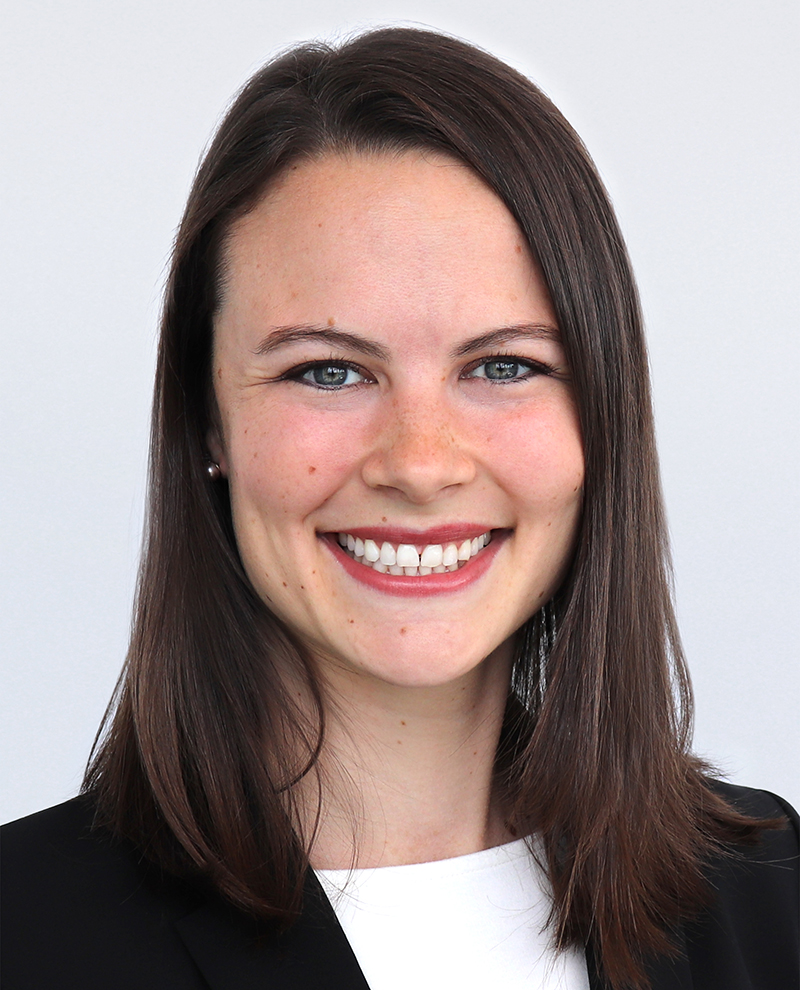 Angela is a trained Ergonomist with nearly a decade of experience in workplace well-being including workplace design, human factors engineering and medical accommodations. Angela has worked with a diverse portfolio of global Fortune 500 clients.
Angela is a trained Ergonomist with nearly a decade of experience in workplace well-being including workplace design, human factors engineering and medical accommodations. Angela has worked with a diverse portfolio of global Fortune 500 clients.
Angela’s passion for human centered design fuels her work as the Global Market Development Sector lead at IWBI. She spends most of her time educating senior stakeholders who understand that human health has a profound impact on key performance indicators – including productivity, engagement, and retention. She also helps organizations discover the best place to begin their WELL journey to leverage WELL strategies supporting ESG/ GRESB / UN SDG’s and overall Human Capital reporting goals at scale.
In her free time, she enjoys exploring her new home state of Colorado. Hiking, trail running, or skiing help Angela live into her healthy lifestyle goals year-round.
Angela holds a Master’s of Science in Human Environment Relations from the Design and Environmental Analysis program at Cornell University and a Bachelor’s degree from the University of Idaho in Psychology with a minor in Architecture. Angela is an Associate Ergonomics Professional (AEP) and a WELL Faculty™.
Jessica Sticklor-Lipson, AIA, LEED AP BD+C, Specialist, Facility Evaluation & Systems Improvement, District of Columbia Public Schools (DCPS)
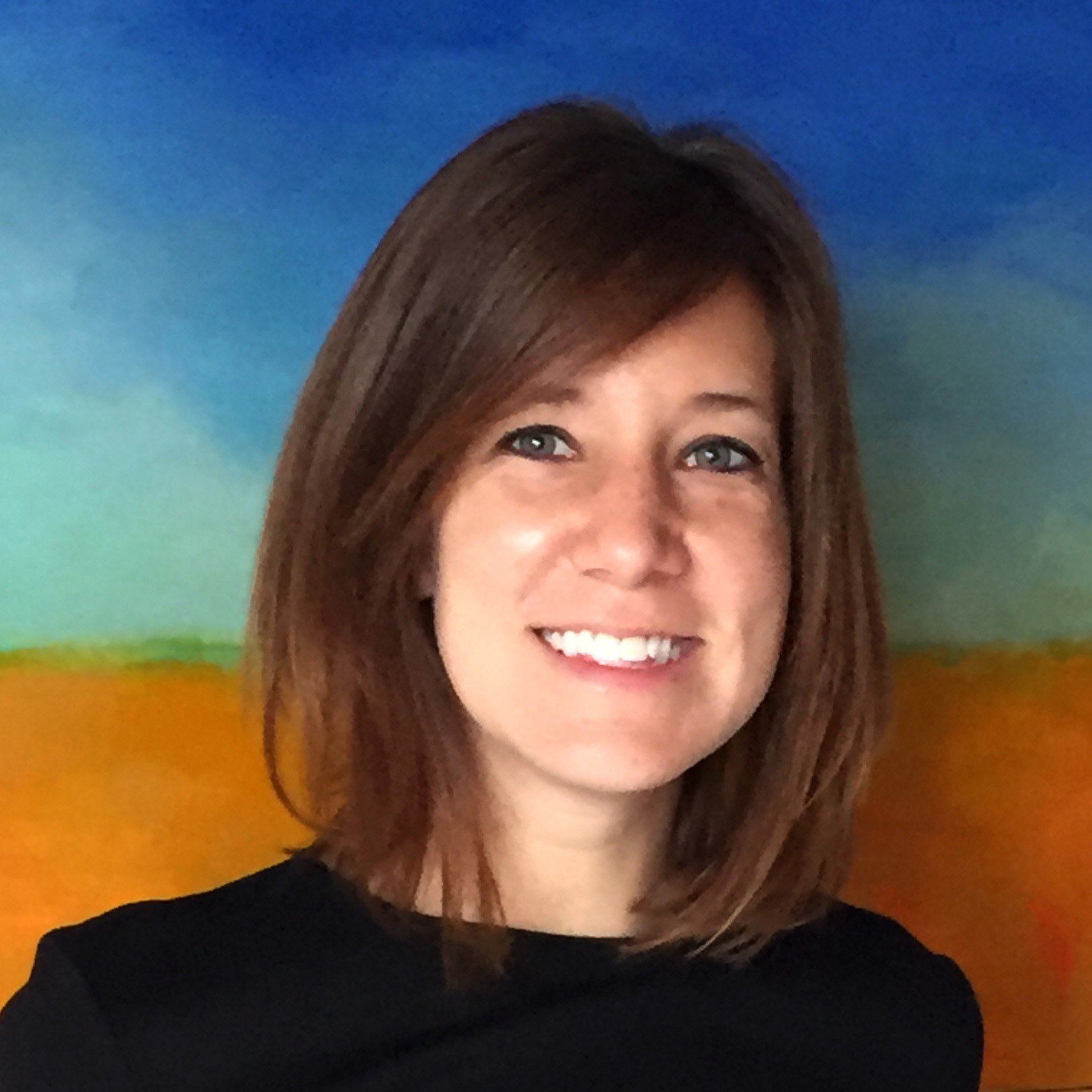 Jessica strives to understand the impact of school buildings on students and teachers to inform the many capital projects for District of Columbia Public Schools (DCPS), and foster an environment for students and teachers to thrive. Jessica joined DCPS in September of 2020, and most recently served as the Interim Deputy Chief of Facilities from September 2021 – December 2021. Jessica brings a passion for education, design and wellness to her work, and over a decade of architectural experience to DCPS. Most recently before joining DC Public Schools, Jessica was a part of an interdisciplinary team of designers and educators that exclusively imagined and designed innovative pk-12 learning environments around the globe.
Jessica strives to understand the impact of school buildings on students and teachers to inform the many capital projects for District of Columbia Public Schools (DCPS), and foster an environment for students and teachers to thrive. Jessica joined DCPS in September of 2020, and most recently served as the Interim Deputy Chief of Facilities from September 2021 – December 2021. Jessica brings a passion for education, design and wellness to her work, and over a decade of architectural experience to DCPS. Most recently before joining DC Public Schools, Jessica was a part of an interdisciplinary team of designers and educators that exclusively imagined and designed innovative pk-12 learning environments around the globe.
|
|
| 11:00 AM |
View from the Agency – Opportunities in Health and Resilience in Schools
Tenleytown
-
45 Minute Panel Session with Department of Energy & EPA
- Jason Hartke to Moderate
Jason Hartke, Ph.D., Executive Vice President, External Affairs, International WELL Building Institute
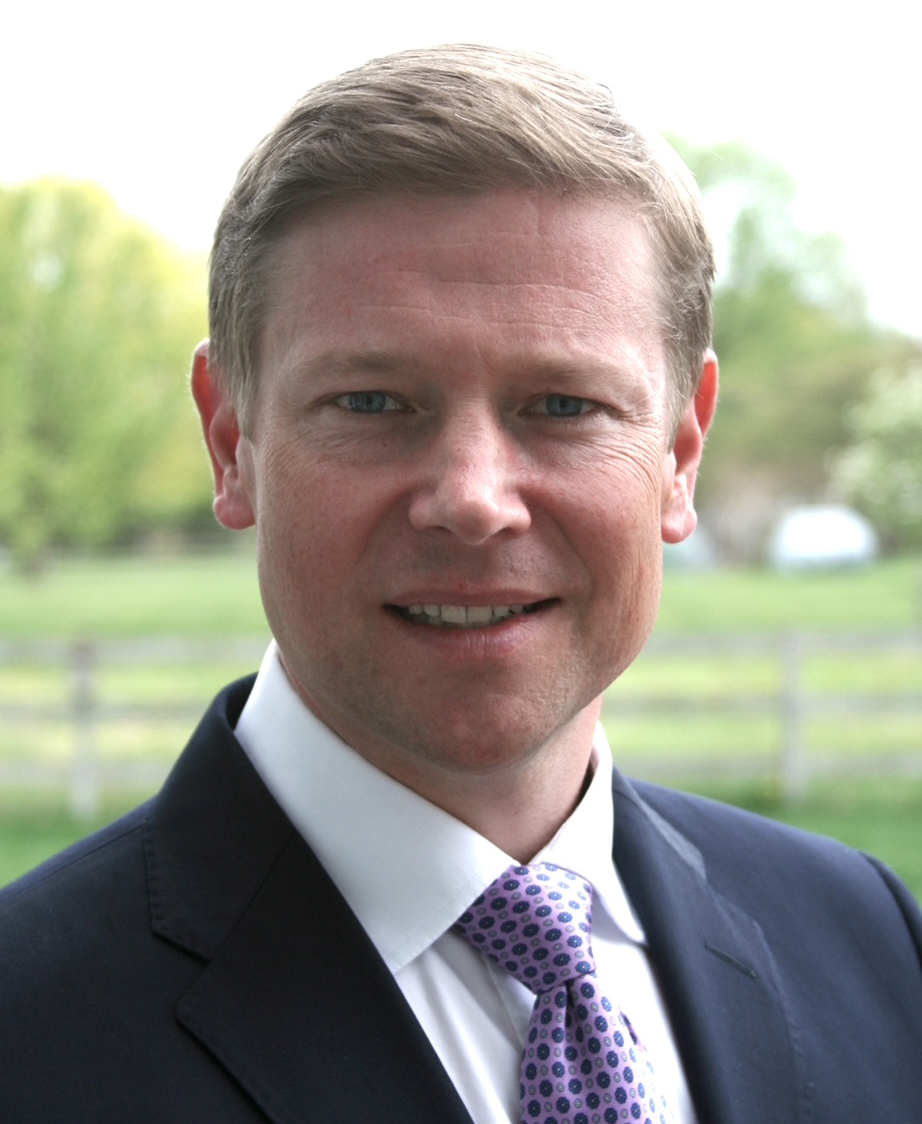 Jason Hartke is the Executive Vice President of External Affairs at the International WELL Building Institute where he leads the organization’s strategic communications, PR and media relations as well as its advocacy efforts and outreach to Congress, governors, state legislators, and mayors across the nation.
Prior to IWBI, Jason was the President of the Alliance to Save Energy, a nonprofit dedicated to achieving bipartisan policy solutions that advance energy efficiency. Jason was named one of The Hill’s Top Lobbyist in 2018 and 2019 for his efforts to keep energy efficiency a top priority in Washington, helping protect critical R&D programs and significantly increasing federal funding.
Jason Hartke is the Executive Vice President of External Affairs at the International WELL Building Institute where he leads the organization’s strategic communications, PR and media relations as well as its advocacy efforts and outreach to Congress, governors, state legislators, and mayors across the nation.
Prior to IWBI, Jason was the President of the Alliance to Save Energy, a nonprofit dedicated to achieving bipartisan policy solutions that advance energy efficiency. Jason was named one of The Hill’s Top Lobbyist in 2018 and 2019 for his efforts to keep energy efficiency a top priority in Washington, helping protect critical R&D programs and significantly increasing federal funding.
Before that Jason led the U.S. Department of Energy’s efforts to advance energy efficiency in commercial buildings, a sector that accounts for nearly 20 percent of the nation’s energy consumption. In the role, Jason managed a nearly $30-million program, working closely with national laboratories as well as industry partners to develop and deploy innovative energy efficiency solutions, strategies and technologies.
Jason also spent nearly a decade as a senior executive at the U.S. Green Building Council, leading mission-critical policy and advocacy efforts that helped result in the passage of historic federal investment in green building, new federal leadership programs in energy efficiency, and a fourfold increase in green building policies at the state and local level. While there, he led several signature national advocacy programs in sustainable and resilient communities, energy efficiency, green schools and green affordable housing.
Over his career, he has created numerous collaborative initiatives and partnerships with other organizations, including the C40 Cities, the World Green Building Council, the National League of Cities, the American Institute of Architects, the Real Estate Roundtable and the Natural Resources Defense Council.
Jason also served in the Clinton Administration, working in the West Wing of the White House in the Office of Intergovernmental Affairs, a policy and outreach team that serves as the president's liaison to state and local elected officials throughout the country. Early in his career, Jason was an award-winning journalist, working as a reporter with the Connection Newspapers covering state and local politics, real estate, land use and community affairs.
Jason received his Ph.D. in public policy from George Mason University and holds his master's degree in journalism and mass communication from the University of North Carolina at Chapel Hill. Jason lives outside Washington, D.C. with his wife and two children, and he is outside hiking or playing basketball with them every chance he gets.
Katy Hatcher, National Manager, US EPA’s ENERGY STAR Public Sector
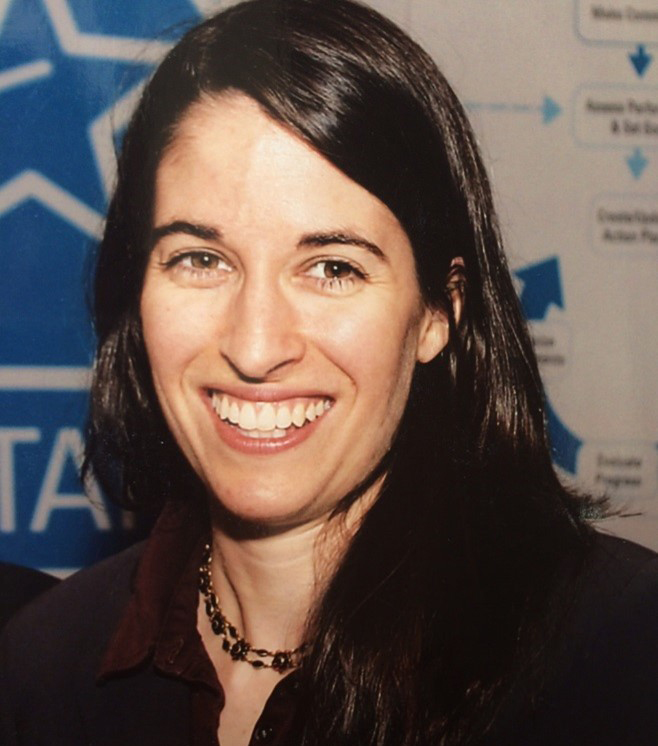 Caterina (Katy) Hatcher works with public sector organizations, such as government agencies and schools, to help improve energy performance through the use of ENERGY STAR tools and resources, including ENERGYSTAR Portfolio Manager. Katy has been working for EPA since 1996. She holds a degree from the University of Virginia’s School of Architecture in City Planning.
Caterina (Katy) Hatcher works with public sector organizations, such as government agencies and schools, to help improve energy performance through the use of ENERGY STAR tools and resources, including ENERGYSTAR Portfolio Manager. Katy has been working for EPA since 1996. She holds a degree from the University of Virginia’s School of Architecture in City Planning.
Hundreds of thousands of commercial properties, including schools, use EPA’s ENERGY STAR Portfolio Manager® tool to measure, track, assess, and report on their energy and water consumption. On average, ENERGY STAR certified buildings use 35% less energy and greenhouse gas emissions than typical buildings nationwide. To date, more than 38,000 buildings are ENERGY STAR certified nationwide, including over 12,000 school. Portfolio Manager has become the standard national platform for benchmarking energy use in commercial buildings in the United States and Canada. It has been adopted for use by leading US commercial real estate, retail, healthcare, and educational organizations. Many state and local governments incorporate Portfolio Manager into benchmarking and building performance requirements for commercial buildings.
Sarah Zaleski, Program Manager, Undersecretary of Infrastructure, U.S. Department of Energy
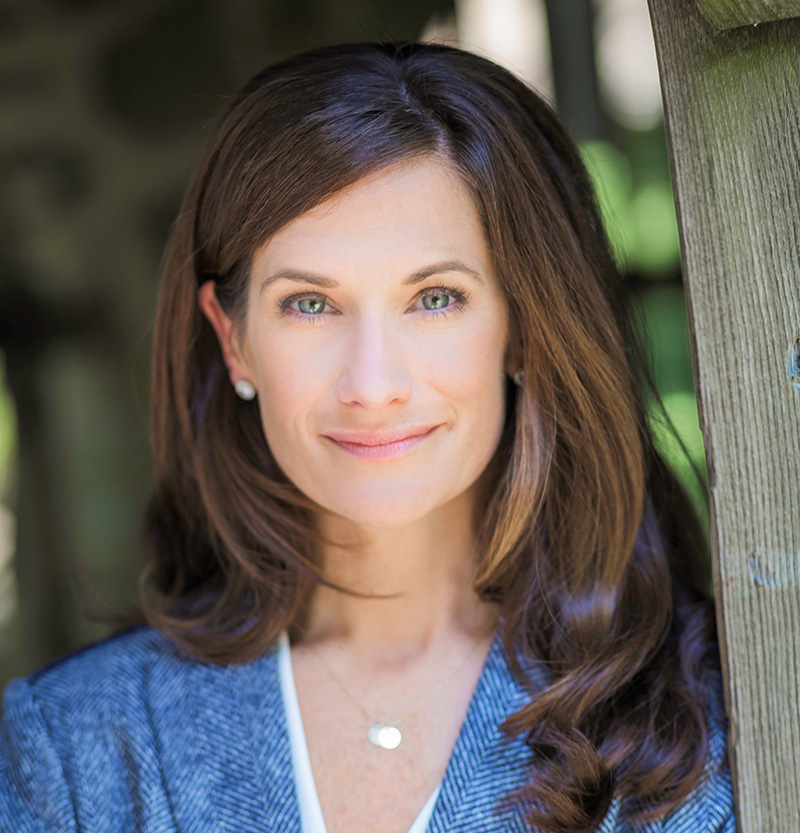 Sarah currently leads the U.S. Department of Energy’s Schools and Non-Profits Program where she manages a $550M+ portfolio to improve schools and non-profit buildings around the country through energy improvements, staff capacity building, and innovative partnerships. She has been working at the intersection of climate, sustainability, and the built environment for nearly 20 years. In previous roles at DOE, Sarah served as a Senior Advisor in the Building Technology Office where she led building efficiency, renewable, and DER integration initiatives and led local government clean energy innovation programs. Before joining the DOE in 2010, Sarah established their Office of Sustainability for the City of Baltimore where she launched a range of equity-centered initiatives including the Baltimore Sustainability Plan, the City's original green building requirements, and the Baltimore Neighborhood Energy Challenge. She received a BS in Industrial and Labor Relations from Cornell University and both a Masters of Environmental Management and a Masters of Public Policy from Duke University. Her favorite simple pleasures include walking her 1st and 3rd graders to their neighborhood school and getting outside to hike, ski, bike, and run.
Sarah currently leads the U.S. Department of Energy’s Schools and Non-Profits Program where she manages a $550M+ portfolio to improve schools and non-profit buildings around the country through energy improvements, staff capacity building, and innovative partnerships. She has been working at the intersection of climate, sustainability, and the built environment for nearly 20 years. In previous roles at DOE, Sarah served as a Senior Advisor in the Building Technology Office where she led building efficiency, renewable, and DER integration initiatives and led local government clean energy innovation programs. Before joining the DOE in 2010, Sarah established their Office of Sustainability for the City of Baltimore where she launched a range of equity-centered initiatives including the Baltimore Sustainability Plan, the City's original green building requirements, and the Baltimore Neighborhood Energy Challenge. She received a BS in Industrial and Labor Relations from Cornell University and both a Masters of Environmental Management and a Masters of Public Policy from Duke University. Her favorite simple pleasures include walking her 1st and 3rd graders to their neighborhood school and getting outside to hike, ski, bike, and run.
|
|
| 11:45 AM |
School Facility Leadership During Tumultuous Times
Tenleytown
Dr. John Bailey, Director of School Plants, Chesapeake Public Schools
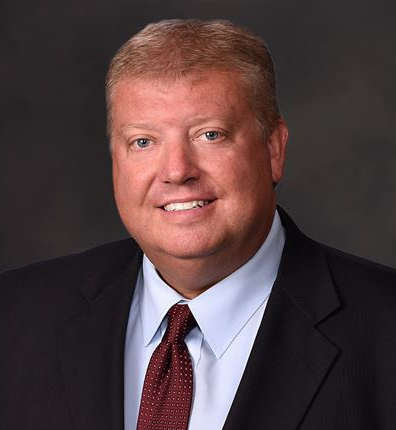 Dr. Bailey has been involved in the public education field for over 29 years as a teacher, principal and director. He currently serves as the Director of School Plants for Chesapeake Public Schools in Chesapeake, VA. He has served in this role for over 10 years. Prior to his current position, he was a high school principal in a large urban school division in Virginia.
Dr. Bailey has been involved in the public education field for over 29 years as a teacher, principal and director. He currently serves as the Director of School Plants for Chesapeake Public Schools in Chesapeake, VA. He has served in this role for over 10 years. Prior to his current position, he was a high school principal in a large urban school division in Virginia.
He also serves and the Chief Executive Officer for the National School Plant Management Association and oversees professional development and training on a national spectrum. His school division is comprised of almost 40,000 students and he maintains 47 school buildings and multiple support sites. He manages over 6.5 million square feet of building space.
His shop has been nationally recognized as a Platinum award winner for the prestigious “Facilities Master” award. His school division has also been recognized by the Virginia School Board Association as a Gold and Platinum award winner for the Virginia Green Schools Challenge. His school division houses the largest photovoltaic rooftop system on a Virginia public school at Western Branch High School.
Dr. Bailey was recognized in 2017 and the National School Plant Manager of the Year. He has served as the past president and board member of the Virginia and National School Plant Management Association.
|
|
| 12:30 PM |
Wrap-Up
Tenleytown
|